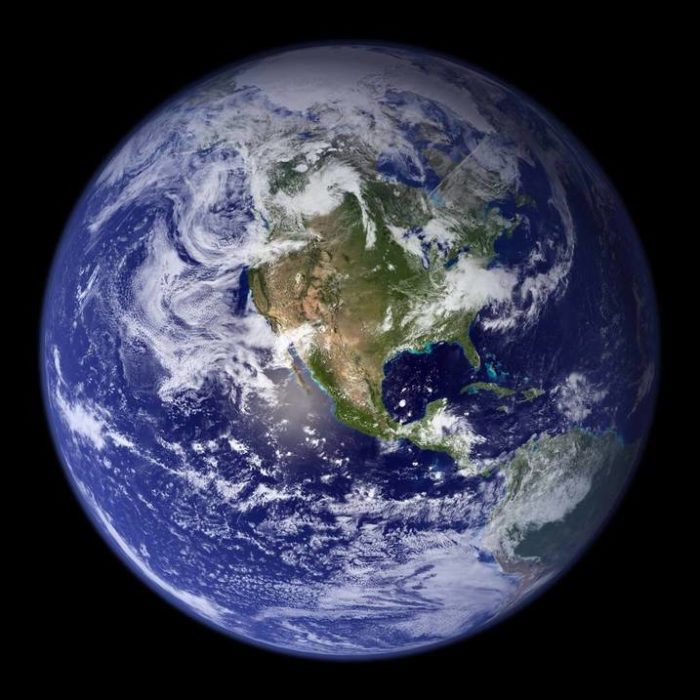2020 versus 2021
People said they looked forward to 2020 ending. They wanted to return to normalcy.
They didn’t like 2020 because they compared it to 2019. I compare 2020 to 2021 and beyond. I expect the trend will continue and we’ll miss 2020’s relative calm. Politically, I expect more unity and less strife, as I can’t imagine Biden exacerbating division as Trump did.

I see the pandemic as an environmental problem. People have said “when, not if” for decades. We know how pathogens mutate and jump to humans—encroaching on wildlife territory, environments like wet markets, and factory farming. Nearly none of our response has been to stop what causes pandemics. We have as much reason to say “when, not if” for another, on top of the new covid-19 variant.
Likewise, even if we stopped all greenhouse emissions today, we’d continue to see global warming increase along with its results. People don’t seem to realize the problem with global warming isn’t stronger hurricanes and sea level rise. It’s that it erodes Earth’s ability to sustain life and society. It leads to our population decreasing. Maintaining civility is hard enough in peaceful times. When large groups of people fear for their lives, we can lose rule of law.
Climate change is only one environmental problem decreasing Earth’s ability to sustain life and society. Plastic, deforestation, extinctions, overfishing, forever chemicals and other toxic chemicals, the list goes on. At the root, cultural beliefs in 1) material and population growth over personal growth and enjoying what we have, 2) externalizing costs over stewardship and responsibility, 3) comfort and convenience over meaning and purpose, and 4) efficiency over resilience lead to an entitled population that doesn’t stop itself. For generations we’ve known to change. Grown adults still slough off onto children “the next generation will solve our problem”—in other words: not me, not now, later, someone else.
I see Biden’s message on the pandemic that it will get more difficult to handle for some time as relieving. It suggests his capacity to share that message on a much greater scale, as Churchill did in the Battle of Britain.
We can change if we choose to work hard on ourselves and get into our thick skulls that less stuff, resilience, meaning and purpose, responsibility, and stewardship will improve our lives. Acting on those values, every one of us, without waiting to see if others will join, will improve our lives. As a side-effect they’ll change culture to one we prefer and ameliorate the problems we’ve accelerated since learning about them.
Read my weekly newsletter

On initiative, leadership, the environment, and burpees